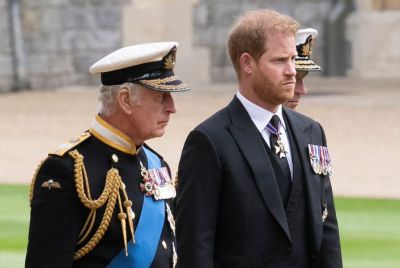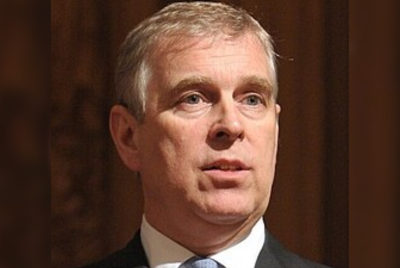MPs Sound the Alarm: Nearly One in Two Religious Hate Crimes Now Target Muslims
UK faces mounting pressure to address Islamophobia amid growing hate crime statistics

Across England and Wales, MPs are sounding warnings over a massive and scary increase in religious hate crimes. As per recent government figures, nearly half of all recorded crimes motivated by religious hatred were directed at Muslims, which has led to growing concern that anti-Muslim prejudice is becoming a more visible and pervasive threat than many realise in the UK.
Increase in anti-Muslim incidents
Recently in a shocking letter addressed to Housing Secretary Steve Reed, forty Labour and independent MPs urged the government to adopt a formal definition of Islamophobia in order to tackle the rise in hate crimes against Muslims specifically. Moreover, the letter disturbingly reveals that in the year up till March 2025, Muslims were the target in 45% of all religious hate crimes, representing a 19% increase from the previous period. The MPs emphasised that hate crimes targeting Muslims have surged by 92% since 2023, which clearly shows an 'aggressive shift' in societal rhetoric and behaviour towards Muslims in the UK.
The government had earlier established a working group in February to define 'unacceptable treatment, prejudice, discrimination and hate targeting Muslims or anyone who is perceived to be Muslim.' Moreover, that group reportedly submitted its recommendations earlier this month.
But this issue is very contentious. As supporters of a definition argue that it would solidify community protections, improve clarity for law enforcement and public bodies, and recognise the specific nature of anti-Muslim hatred.
However the critics warn that any definition must carefully balance protection of individuals from hatred with preservation of the right to critique Islam and that the right to give commentary against Islam's alleged practices should not be hampered as that falls in freedom of speech.
Why Muslims are disproportionately targeted in the UK
There is no one straight answer as the data reflects that Muslims are the highest-recorded target of religious hate crimes in the UK. There is worry that this is not a coincidence, but rather the outcome of combined factors including the rise of far right rhetoric, increasing public discourse around immigration and integration, and a broader environment in which being visibly or perceived as Muslim becomes a risk in itself due to several Islamic terrorist organisations even if not logical.
The disproportionate share of hate crimes against Muslims also points to a gap in how religious hatred is addressed. Furthermore, under existing law, religion is protected but Muslims are not defined as a racial group, which means they are not covered under the same racial discrimination protections as per reports. This legal distinction brings out why campaigners say a clear, dedicated definition of Islamophobia is needed, which is to recognise the specific nature of anti-Muslim hostility.
What changes could help the Muslims in the UK
The MPs' request for the government to adopt a definition of Islamophobia is being framed as a very essential step. Furthermore, a formal definition would provide a foundation for consistent policy responses, data collection, training for public services, and support for victims. Moreover, in their letter, they argued that such a definition be adopted during Islamophobia Awareness Month in November, and that it be developed in consultation with Muslim communities for whom it is intended.
However, at present, the department responsible has stated that it is 'carefully considering' the working group's recommendations. The goal it seems is to ensure the definition would protect individuals while preserving freedom of expression and criticism of religion.
So if adopted, the definition could be used in schools, police training, community engagement, and public policy programmes. Moreover, it could signal that anti-Muslim hate is no longer tolerated as a marginal issue but treated with the same seriousness that hate crimes against other groups receive.
© Copyright IBTimes 2025. All rights reserved.





















